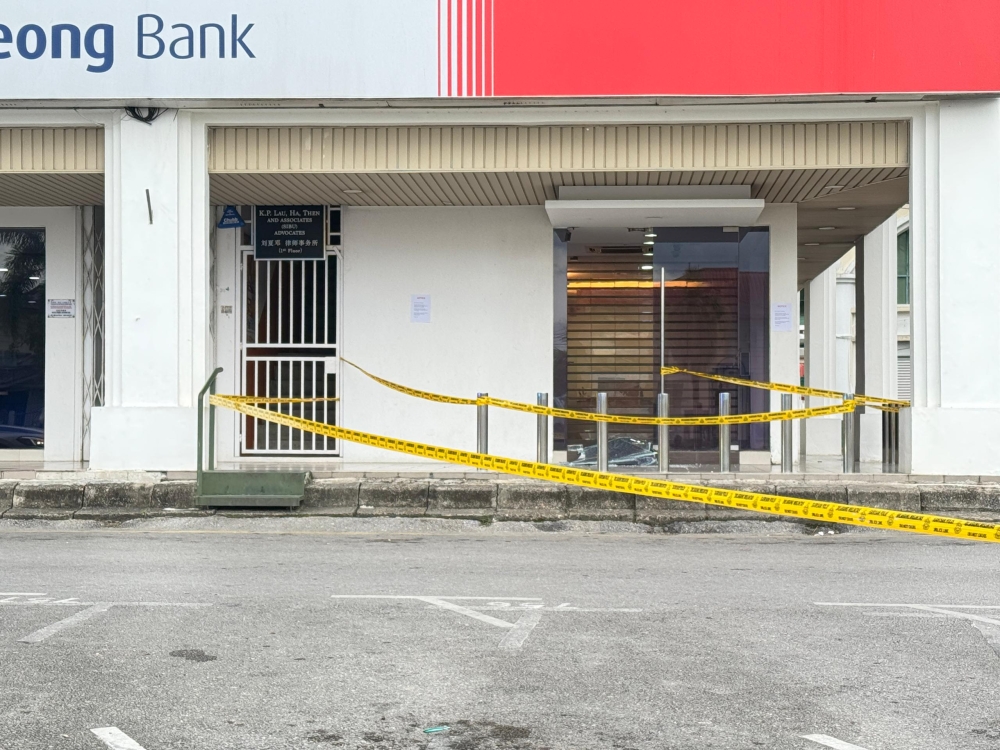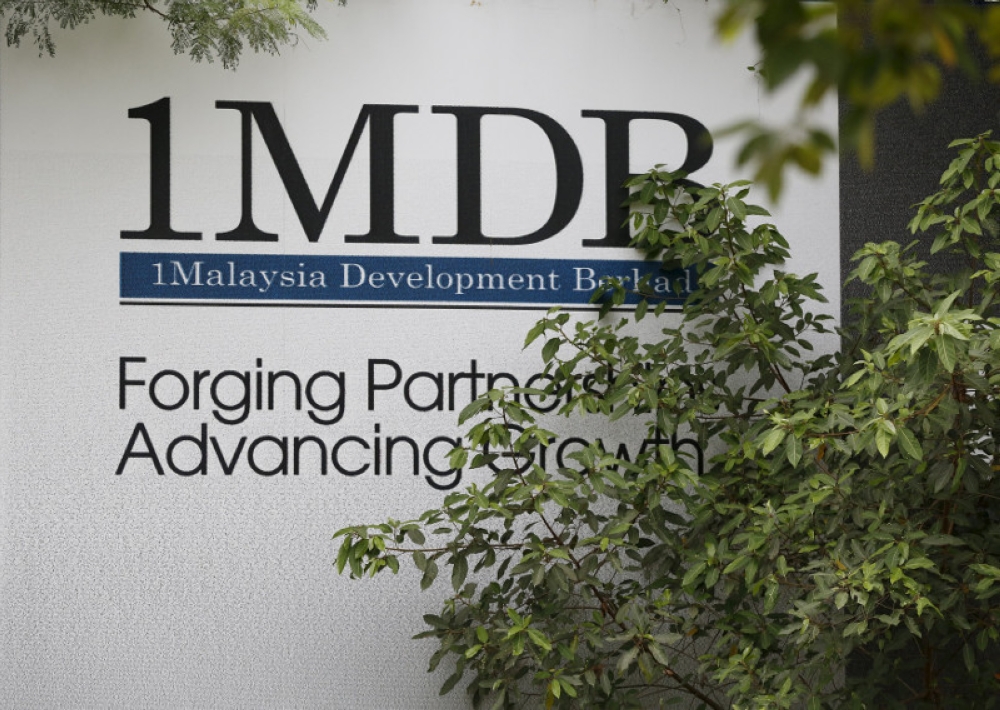JULY 15 — The Centre for Independent Journalism (CIJ) takes note of Inspector-General of Police Abdul Hamid Bador’s reported remarks in the media today that warned police officers and staff not to reveal or share investigation reports to the public or post them on social media, or risk being investigated under the Official Secrets Act 1972 (OSA). He also said that it is an offence for victims to leak police reports online.
We take stock and are aware of the importance of protecting private information from being arbitrarily revealed and subjected to abuse, and relatedly acknowledge the need to curtail such acts through the use of law. However, the State should balance freedom of expression and right to information, and, at the same time, protect privacy and ensure data protection by using other existing laws, and not apply the fundamentally-flawed OSA.
As a freedom of expression watchdog, CIJ is concerned that the OSA continues to be used by the State and its apparatus. The reform agenda that CIJ advocates for demands that the OSA be repealed in the interest of maximum disclosure of information held by public bodies, and for the OSA to be replaced with a new Right to Information (RTI) legislation. We call for this to be done with no further delays.
Access to information allows for the public to be able to form opinions about issues that affect us, including holding the government and its related bodies and officials accountable for their decisions or actions that affect the general public. The RTI also promotes constructive participation in any debate or discussions related to specific decision-making processes and/or of public interest and strengthens rule of law, which is expected of a democratic State such as ours.
At present, the OSA creates barriers and limits our RTI as it allows any document to be classified as secret once it has been certified as such by a public officer, with no requirement for harm and without requiring any relation to national security, international relations or defence. CIJ’s position is that any exceptions to the right to access information should be narrowly defined and limited in law and subject to strict “harm” and “public interest” tests to justify why said information should be withheld. Public interest shall always prevail and the onus must be on the State to determine if the information, if revealed, would contribute to serious harm, rather than arbitrarily withholding information or immediately sanctioning those who reveal it.
We must eliminate the deep-rooted culture of secrecy within the government, largely based on long-standing practices and attitudes, while public bodies must actively promote a culture of open government and be obliged to publish key information of significant public interest. At the same time, individuals, including whistleblowers, media and especially those in civil service, who, reasonably and in good faith, release information of public interest, must be protected from liability or sanctions.
We call on the Perikatan Nasional government to immediately enact an RTI Bill to enable a working and healthy democracy by guaranteeing transparency, strengthening the rule of law, combating corruption and promoting good governance. This, of course, shall be contingent on the OSA being repealed in its entirety.
Wathshlah G. Naidu
CIJ Executive Director
We are a freedom of expression watchdog and non-profit organisation that aspires for a society that is democratic, just and free, where all peoples will enjoy free media and the freedom to express, seek and impart information.
* This is the personal opinion of the writer or publication and does not necessarily represent the views of Malay Mail.





















